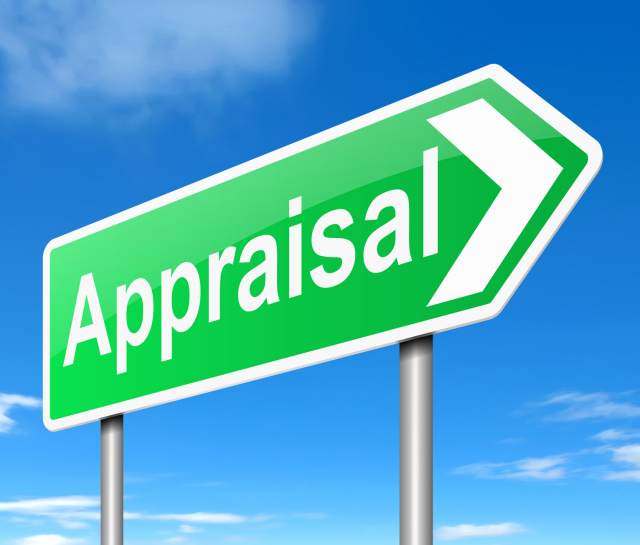Appraisals
What is an Appraisal?
An appraisal is a professional appraiser’s opinion of value. The preparation of an appraisal involves research into appropriate market areas; the assembly and analysis of information pertinent to a property; and the knowledge, experience, and professional judgment of the appraiser
What is the Role of the Appraiser?
The role of the appraiser is to provide objective, impartial, and unbiased opinions about the value of real property
Appraisal Standards, Legal Issues and Regulation of the Appraisal Profession:
The profession of appraising personal property is self-regulated. Legislative and law enforcement agencies turn to professional associations such as the American Society of Appraisers, Appraisers Association of America, Coin Appraisers Association, New England Appraisers Association, Appraisal Foundation, and the International Society of Appraisers to set the standards that can be used in court cases and other regulatory situations.
Jonathan Lerner is a member of the: Coin Appraisers Association
The Uniform Standards of Professional Appraisal Practice (USPAP) are the generally accepted standards for professional appraisal practice in North America.

It is important for the appraiser, on behalf of the client, to be aware of what legal and ethical issues may affect the legitimacy of the client's insurance claim, estate settlement or tax return.
Any appraisal fee should be an hourly fee and not based upon the value of the item(s). It is unethical to charge a fee based upon the value of your items!
An appraisal done by a trained appraiser will properly describe your merchandise so that if you have a loss than insurance company will pay you the fair market value/replacement cost (depending on your policy)
If your collection is worth a lot of money then it should be properly protected and insured. Collectors sometimes have a tendency to hide coins in a lot of different places. An expert can probably tell if something is possibly missing.
You should not distribute a part of a collection to relatives until they are appraised. A collection is usually worth more in its entirety than in parts. If a collection has to be divided up among many relatives, it should not be done randomly.
Coins should not be removed from the albums and containers you find them in unless instructed so by an expert. Many times a collection will be worth more in its original album.